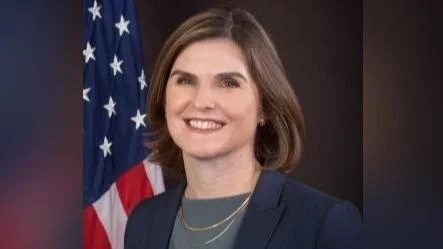Former President Donald J. Trump has achieved a historic comeback, becoming President-Elect once again after his initial defeat in 2020. His victory over Kamala Harris was marked by a decisive win in both the Electoral College and the popular vote, securing 72 million votes compared to Harris's 67 million.
Despite expectations of surprise among some voters, Trump's return to power was anticipated due to his distinctive campaign style that previous opponents have struggled to counter. The election process concluded without prolonged delays, unlike past elections.
Trump's second term presents an opportunity for governance rather than continuous campaigning. This could potentially reduce political tensions that have persisted over recent years and pave the way for a more peaceful election cycle in 2028.
The Catholic community is called upon to lead efforts in healing societal divisions. Political engagement should focus on the common good rather than allegiance to any political figure or party. Catholics are encouraged to hold the new administration accountable while supporting policies aligned with pro-life and pro-family values proposed by Vice President-Elect J.D. Vance, such as increasing the per-child tax credit.
Conversely, opposition is urged against policies like mandated coverage of in vitro fertilization, which contradicts Catholic teachings. As foreign policy unfolds under Trump’s leadership, it will be evaluated based on church teachings regarding just war and immigration issues.
Concerns persist about potential constitutional violations during Trump's second term. In his first term, Attorneys General Jeff Sessions and Bill Barr resisted attempts by Trump to leverage federal power for personal agendas—a stance not guaranteed this time around.
Ultimately, Catholics are reminded that their faith lies not in political leaders but in Christ. Prayers are sought for all leaders as they navigate the upcoming four years.
The OSV Editorial Board comprises Father Patrick Briscoe, OP; Gretchen R. Crowe; Paulina Guzik; Matthew Kirby; Peter Jesserer Smith; and Scott P. Richert.
 Alerts Sign-up
Alerts Sign-up






